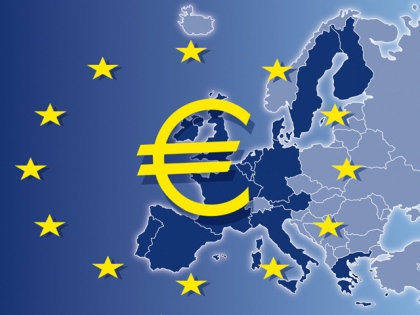
Stoil Topalov
In the last few weeks, Western European countries like France, Germany, and Great Britain needed to calm down some of their Eastern European neighbors with promises for financial support, in order some consequences from the financial crisis to be avoided. For example, in countries like Ukraine, the deficits are increasing, the exchange rate of the local currency compared to the Euro is falling and with every other day western brokers are forecasting the possibility of recession.
This fact puts under question the admission of countries like Ukraine and Turkey into the EU. One of the reasons is because the current member States are afraid of the financial problems, which those countries can bring with them and especially Ukraine and Turkey because they are bigger and harder to regulate.
Except for admitting new members, under question is also the expansion of the Euro-zone. Countries like Bulgaria, Latvia, Lithuania, and Estonia are less troubling because their currencies are tied to the Euro. For other countries like the Czech Republic, Rumania, Poland and Hungary the Euro-zone is an unreachable dream. Most of those country’s problems come from the fact that many companies have taken loans (mostly in Euro) from Western European banks and different financial institutions and right now with the vertically falling currencies, paying back those loans is impossible.
But even a membership in the Euro-zone does not guarantee savior. Ireland – one of the members – is often folded by governmental bankruptcy. Today it became known that the government will announce an emergency budget in the beginning of April after the fiscal deficit increased with 9.5% of the GDP. Greece on the other hand sought for the help of the opposition in order to bring in new types of measures. At the same time Eurobank, the second largest Greek creditor announced 20% losses for 2008. The people’s trust in economy is decreasing for a 12th consecutive month, when the index for economic trust fell to its lowest levels in history.
Robert Zelik, president of the World Bank warned that this crisis could lead to division between East and West Europe like the one 20 years ago. There is big worry that the economy crisis and the recession could help populists or nationalists in Eastern Europe take power. Countries like Ukraine, which are insisting for their integration in the EU and NATO will suffer if Europe turns its back on them right now.